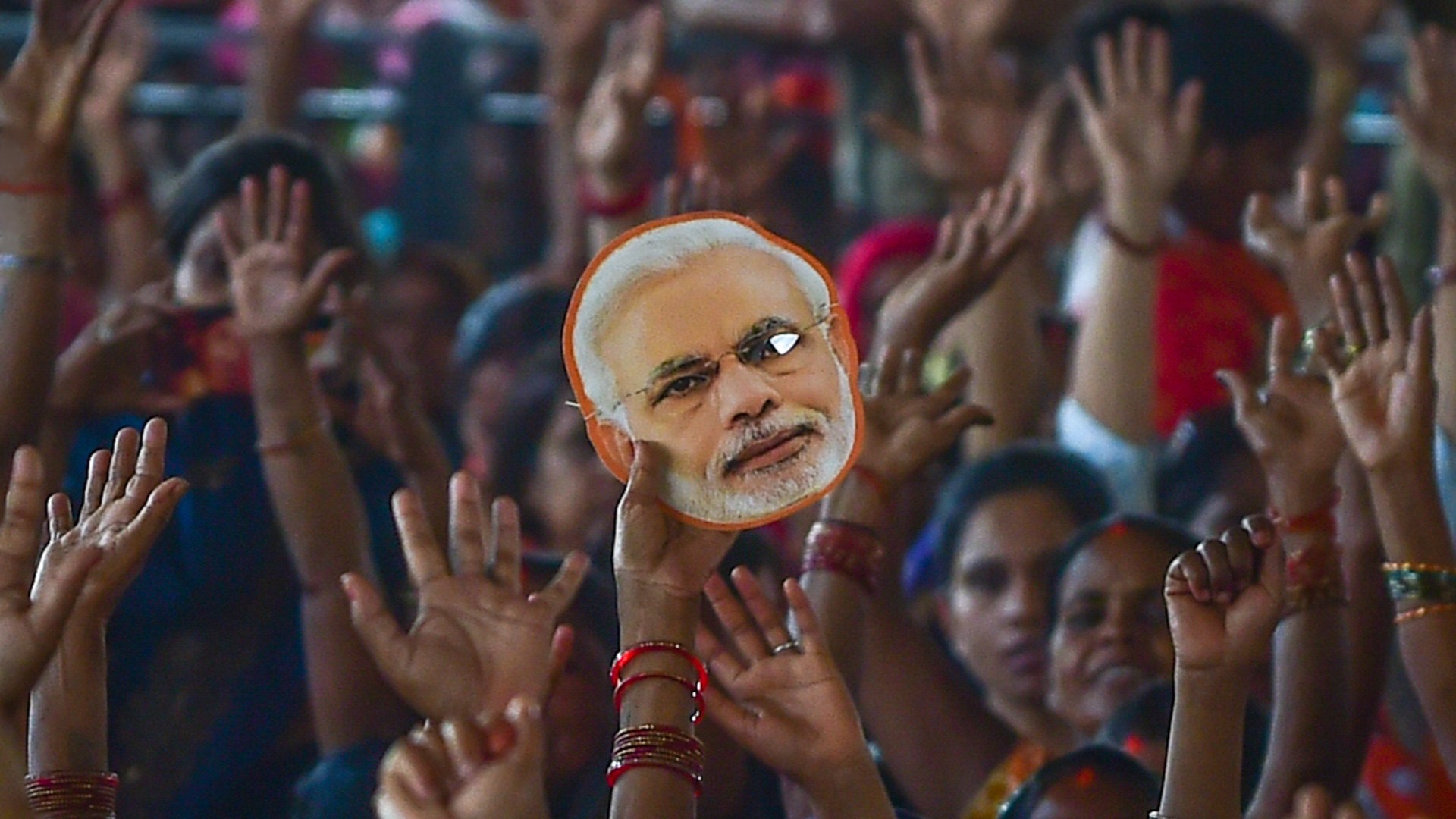Almost a decade after the Supreme Court legalized same-sex marriage across the country, most pastors remain opposed, and the supporting percentage isn’t growing any larger.
One in 5 US Protestant pastors (21%) say they see nothing wrong with two people of the same gender getting married, according to a Lifeway Research study.
Three in 4 (75%) are opposed, including 69 percent who strongly disagree with same-sex marriage. Another 4 percent say they aren’t sure.
Previous Lifeway Research studies found growing support among pastors. In 2010, 15 percent of US Protestant pastors had no moral issues with the practice. The percentage in favor grew to 24 percent in 2019. Today, support is statistically unchanged at 21 percent.
“Debates continue within denominations at national and judicatory levels on the morality of same-sex marriage, yet the overall number of Protestant pastors who support same-sex marriage is not growing,” said Scott McConnell, executive director of Lifeway Research. “The previous growth was seen most clearly among mainline pastors, and that level did not rise in our latest survey.”
Pastors are slightly more supportive of legal civil unions between two people of the same gender, but most still disagree. Currently, 28 percent back such arrangements, statistically unchanged from the 32 percent in 2019 and 28 percent in 2018.
The previous growth in clergy support of same-sex marriages was driven by US mainline Protestant pastors. In 2010, a third (32%) were in favor. By 2019, almost half (47%) saw nothing wrong. Current support among self-identified mainline pastors remains at similar levels (46%).
Evangelical pastors have been consistently opposed to same-sex marriage. Fewer than 1 in 10 have expressed support for the practice since 2010. Today, 7 percent of self-identified US evangelical Protestant pastors say they see nothing wrong with two people of the same gender getting married.
A similar divide exists regarding civil unions between two people of the same gender. Most mainline pastors (54%) are supportive, while only 14 percent of evangelical pastors agree.
Methodists (53%), Presbyterian/Reformed (36%) and Lutherans (34%) are more likely to be supportive of same-sex marriage than Restorationist Movement (8%), non-denominational (5%), Baptist (4%) or Pentecostal (1%) pastors.
Additionally, female pastors (42%), who are more common among mainline denominations, are far more likely than their male counterparts (16%) to back same-sex marriage.
Other demographic groups also have varying degrees of support, though none as drastic as the denominational differences.
Younger pastors are more likely to be supportive than the oldest pastors. Protestant pastors 18 to 44 (27%) and 55 to 64 (22%) are more likely than pastors 65 and older (15%) to see nothing wrong with same-sex marriage.
“The moral and doctrinal beliefs of individuals do not tend to move very often or very far, so we wouldn’t expect pastors’ positions to change much,” said McConnell. “However, the differences we see by age make it noteworthy that the higher numbers of young pastors seeing nothing wrong with same-sex marriage is not yet having much of an impact on overall numbers.”
Those with more education are more supportive. Pastors with a master’s (30%) or doctoral degree (26%) are more likely than those with no college degree (9%) or a bachelor’s degree (7%) to say they’re OK with same-sex marriage.
Pastors in the Northeast (27%), where same-sex marriage was first legalized in the US, and the Midwest (25%), are more likely than those in the South (18%) to be supportive.
Those leading smaller churches are more likely to see nothing wrong with two people of the same gender getting married. Pastors at churches with fewer than 50 in attendance (27%) and those at congregations of 50 to 99 (25%) are more likely than those at churches with attendance between 100 and 249 (11%) and 250 or more (8%) to be in favor of same-sex marriage.
“Because fewer pastors in mid- and large-size churches are open to same-sex marriage morally, an even larger majority of Protestant churchgoers are in churches in which their pastor does not support same-sex marriages or civil unions,” said McConnell.
Many of the differences between various types of pastors exist for civil unions as well. Younger pastors are more likely to be supportive than older pastors. Pastors with more formal education are more likely to back civil unions.
Those in the Northeast and Midwest tend to be more in favor than those in the South. Pastors at the smallest churches are more likely to see nothing wrong with civil unions between two people of the same gender than those at larger churches.




































